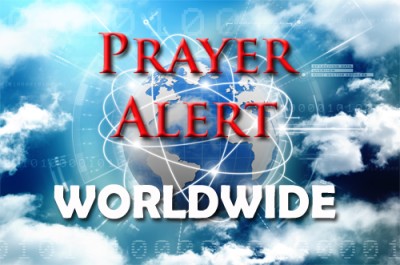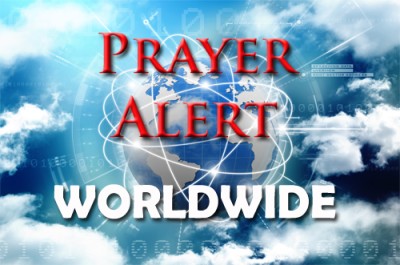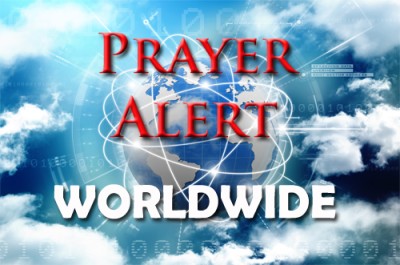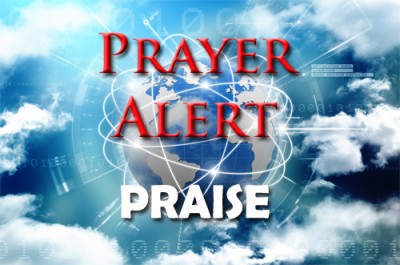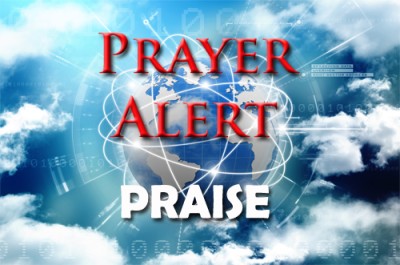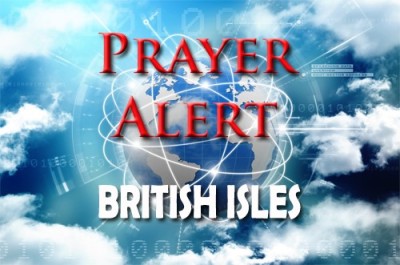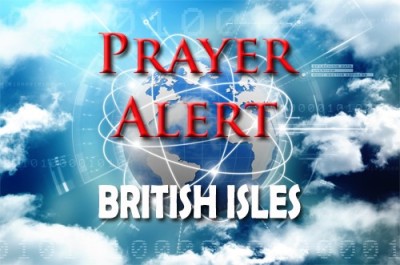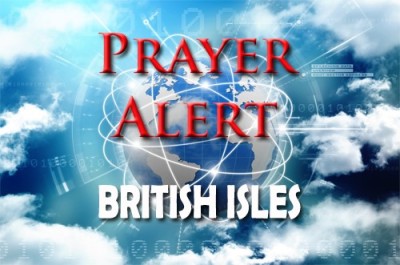Ethiopia: risk of another civil war
24 Aug 2023An airstrike in Ethiopia’s Amhara region has killed 26 people, as detailed widespread killings of civilians broke out this month. Fano militiamen had flooded towns and cities in Amhara, briefly taking over several of them; they attacked police stations and garrisons, freed prisoners and intermittently took control of Lalibela airport. Early in August federal forces managed to push them out. Ethnic tensions and land conflicts lie behind Amhara’s clashes. This fighting is Ethiopia’s biggest security crisis since the civil war in neighbouring Tigray ended in November 2022, but there is now a state of emergency. Many had hoped Ethiopia was inching back towards stability and away from a conflict that caused hundreds of thousands of deaths. Prime minister Abiy Ahmed’s reputation as a Nobel-prizewinning peacemaker is being shredded. He had hoped to reach deals with the IMF and the World Bank to rescue Ethiopia’s war-wrecked economy.
The Allied Democratic Force (ADF), which operates primarily out of the DRC, is a violent extremist group that is gaining power in Central Africa. The known IS affiliate is notorious for targeting Christians in its violent campaigns to establish an Islamic caliphate in the region. A widening recruitment network and an increase in funding overseas contributed to ADF’s bloodiest year yet. While IS lost much of its power and control in Syria and Iraq, its affiliate groups in Afghanistan, the Sahel region, and Central Africa grew stronger. The ADF was listed as one of the worst terrorist groups in 2022. Pray for an end to ADF-led violence in this region. Pray for God to protect Christians throughout the DRC. Pray also for the group’s funding and recruitment network to be cut off.
Kazakhstan: Christians need prayer and support
24 Aug 2023There are 4.9 million Christians in Kazakhstan in the mostly Muslim population. Since 2011, religious freedom has been restricted as government surveillance and control increases. When somebody becomes a Christian, they risk being locked up by their families, kept from other Christians, verbally and physically abused or cut off from family, community and financial support. The authorities monitor and raid meetings of Christian converts and may arrest and imprison their church leaders. The risk of being forcibly married to a Muslim remains an ongoing risk for women who become Christians|: in rural areas, they are sometimes kidnapped for this purpose. Christian men are pressured by the state, and in the army, a highly controlled environment. It is difficult for Christians to earn a living; authorities can demand bribes from Christian business owners, and some keep their faith a secret. Converts and church leaders particularly risk losing employment.
Migration boosts Manchester churches
17 Aug 2023Migrant communities from West Africa and India are renewing and revitalising Manchester churches. As many of them work at hospitals, Fr Paul Hutchins has added a mid-week service to make attendance easier for people working at weekends. He also encourages members to shape the worship, bringing hymns and prayers from their churches of origin, helping them feel as at home as possible. He says, ‘Five years ago we had sparks of promise as a multicultural congregation, but in a short space of time we have seen huge increases in new worshippers from Ghana, Nigeria, and South India.’ Three churches in the diocese have seen huge boosts to their congregations, mostly thanks to the families which have migrated to the area.
Former Taliban leader receives the Holy Spirit
17 Aug 2023Illinois pastor Robby Dawkins recently shared on Facebook a photo of him praying for a former Taliban leader in Afghanistan. It was a powerful moment which quickly went viral. ‘This (now former) Taliban leader attended our training in Afghanistan. He was so hit by the Holy Spirit’s power that he crumpled to the ground when I laid hands on him and prayed.’ People are praising God for encountering a leader of the Taliban, as Afghan Christians have been through brutal persecution by the group. ‘Several there said this guy would normally kill us if it wasn’t for the impact Jesus made on him, transforming his entire life.’ Afghanistan needs Jesus today more than ever: let us continue to pray for revival in the nation.
Northern Ireland: police data breach update
17 Aug 2023Last week you prayed for the police to have adequate support and protection after their names, rank, grade, location and unit were made available online to the public accidently. This week the chairman of the PSNI Catholic Guild has called for an urgent meeting with Chief Constable Byrne over fears that the breach will put Catholics off joining the force. A number of groups are claiming they have access to the leaked information, prompting greater safety concerns. Many Catholic members of the force have genuine concerns over safety for themselves and in many cases their family members. Mr Murray said, ‘Our guild was formed to provide a support service for Catholic police, and it is hard to think of a more pressing issue for Catholic officers and staff than this data breach’. Pray for ongoing protection for Catholic police and their families. Pray for those in receipt of the leaked data to be prevented from using it.
Scotland: school unions threaten strike
17 Aug 2023GMB Scotland have announced that school staff in catering, cleaning, pupil support, administration and janitorial services will strike on 13 and 14 September, and teachers in the Unite Union have also voted to strike over pay after the summer break - dates not yet confirmed. GMB members rejected a 5.5% pay offer in April, saying it is not close to matching the cost of living, and warned of disruption in schools. They are giving plenty of warning of strike dates, insisting that there is still time to resolve the dispute, and knowing that even the possibility of strikes closing schools is a powerful weapon. Last year’s council pay dispute led to rubbish building up in city streets. A settlement was made possible after the government gave councils more money to help them increase their pay offer. So far, council body Cosla has not asked the government for more money for pay.
Comedy show cancelled over gender views
17 Aug 2023A comedy show in Edinburgh featuring the Father Ted writer and comedian Graham Linehan has been cancelled. The venue pulled the gig because it did not support the comedian’s views, which did not align with their overall values. Linehan has been an outspoken critic of transgender self-identification. He urged the venue to reconsider its decision and suggested the cancellation might be unlawful. He has responded on X, formerly Twitter, by challenging the venue to explain which of his views it found offensive. He posted, ‘It sounds like discrimination on the grounds of my legally protected beliefs.’ The organisers of his gig are looking for an alternative venue. Earlier this year another Edinburgh venue cancelled a scheduled festival appearance by SNP MP Joanna Cherry because staff were not comfortable with her views on transgender issues. However, they later apologised, admitting the cancellation was unlawful discrimination against Ms Cherry.
